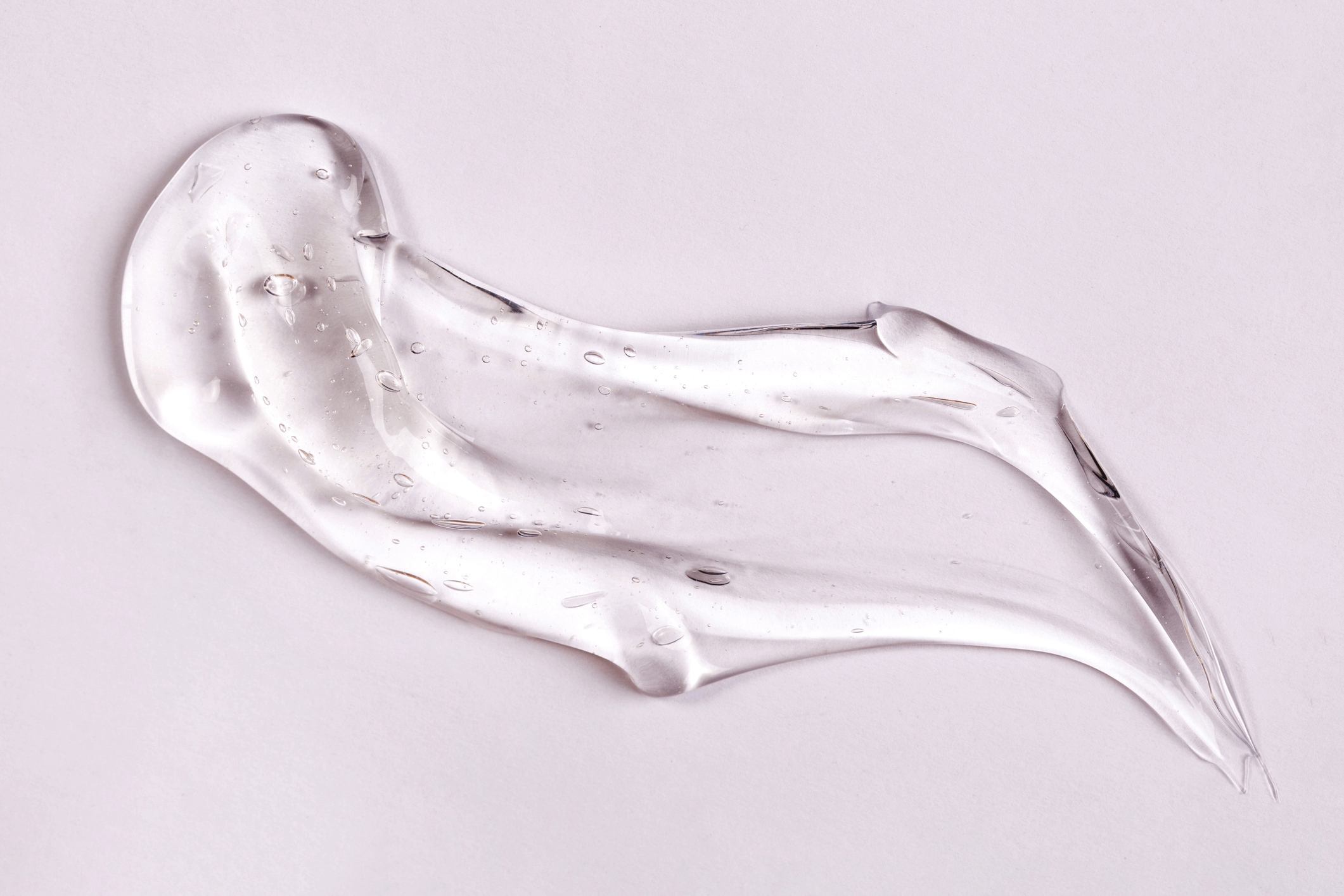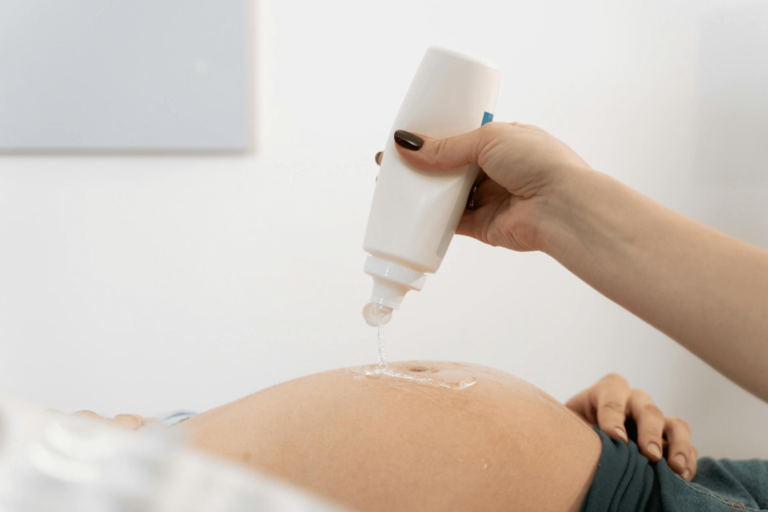Comprehensive Guide to Fertility Lubricants

When trying to conceive, many couples turn to personal lubricants to enhance comfort and pleasure during intercourse. However, it’s crucial to understand that most commercially available lubricants can be harmful to sperm, potentially decreasing the chances of conception. Choosing a fertility-friendly lubricant can make a significant difference in your journey to parenthood.
Why Regular Lubricants Are Harmful
Many standard lubricants available on the market are not designed with fertility in mind. These products often have properties that can negatively impact sperm motility, survival, and overall function. For couples trying to conceive, this can make the already challenging journey of sperm through the cervix to the fallopian tubes even more difficult.
What Makes a Lubricant “Sperm-Friendly”?
Fertility lubricants are specifically formulated to mimic the natural environment of cervical mucus, which is essential for protecting and facilitating sperm movement. The U.S. Food and Drug Administration (FDA) has created a special category, the PEB category, for these fertility-friendly products. To be FDA-cleared, a lubricant must undergo rigorous testing to ensure it does not harm sperm, eggs, or embryos. This testing includes:
- pH Levels and Viscosity: Fertility lubricants are designed to have a pH and viscosity similar to that of semen and fertile cervical fluid, creating an optimal environment for sperm.
- Endotoxin Screening: These products are screened for endotoxins, which are harmful substances produced by bacteria that can damage sperm and eggs.
Also read: Natural Ways To Treat Gum Disease During Pregnancy: A Comprehensive Guide
Tips for Choosing a Fertility Lubricant
- FDA Clearance: Ensure the lubricant is FDA-cleared as a fertility lubricant. This certification guarantees it has been tested and proven safe for sperm.
- Avoid Low pH Products: Lubricants with low pH levels can harm sperm.
- Check Ingredients: Avoid lubricants containing chemicals like glycerol or parabens, which can be detrimental to sperm health.
- Ignore Misleading Labels: Products labeled as “non-spermicidal” or “organic” may not necessarily be sperm-friendly unless they are FDA-cleared for fertility use.
- Avoid Household Oils: These often contain toxic peroxides and inflammatory chemicals that can harm sperm.
Recommended Fertility Lubricants
To make an informed choice, consider using the following sperm-friendly lubricants that are recognized for their safety and efficacy:
- Pre-Seed: One of the most popular fertility lubricants, Pre-Seed mimics natural cervical mucus and is FDA-cleared.
- Conceive Plus: This product supports sperm viability and motility with its sperm-safe formula.
- BabyDance: Known for its pH balance and sperm-friendly properties, BabyDance is another excellent option for couples trying to conceive.
Enhancing Your Fertility Journey
In addition to choosing the right lubricant, consider the following tips to boost your chances of conception:
- Track Your Ovulation: Use an ovulation calendar to determine your most fertile days.
- Healthy Lifestyle: Maintain a balanced diet, regular exercise, and avoid smoking and excessive alcohol consumption.
- Hydration: Staying well-hydrated is crucial for maintaining optimal cervical mucus.
Additional Resources
For more information on fertility, tips on getting pregnant faster, and boosting fertility through lifestyle changes, download our Ultimate Fertility Resource Guide. This comprehensive guide is easy to read and includes coupon codes for essential fertility products, including free Nightfood Nighttime Ice Cream.
Sources
- Healthline: Fertility Lubricants
- American Pregnancy Association: Fertility Lubricants
Also read: Skin Changes During Pregnancy: Comprehensive Guide






